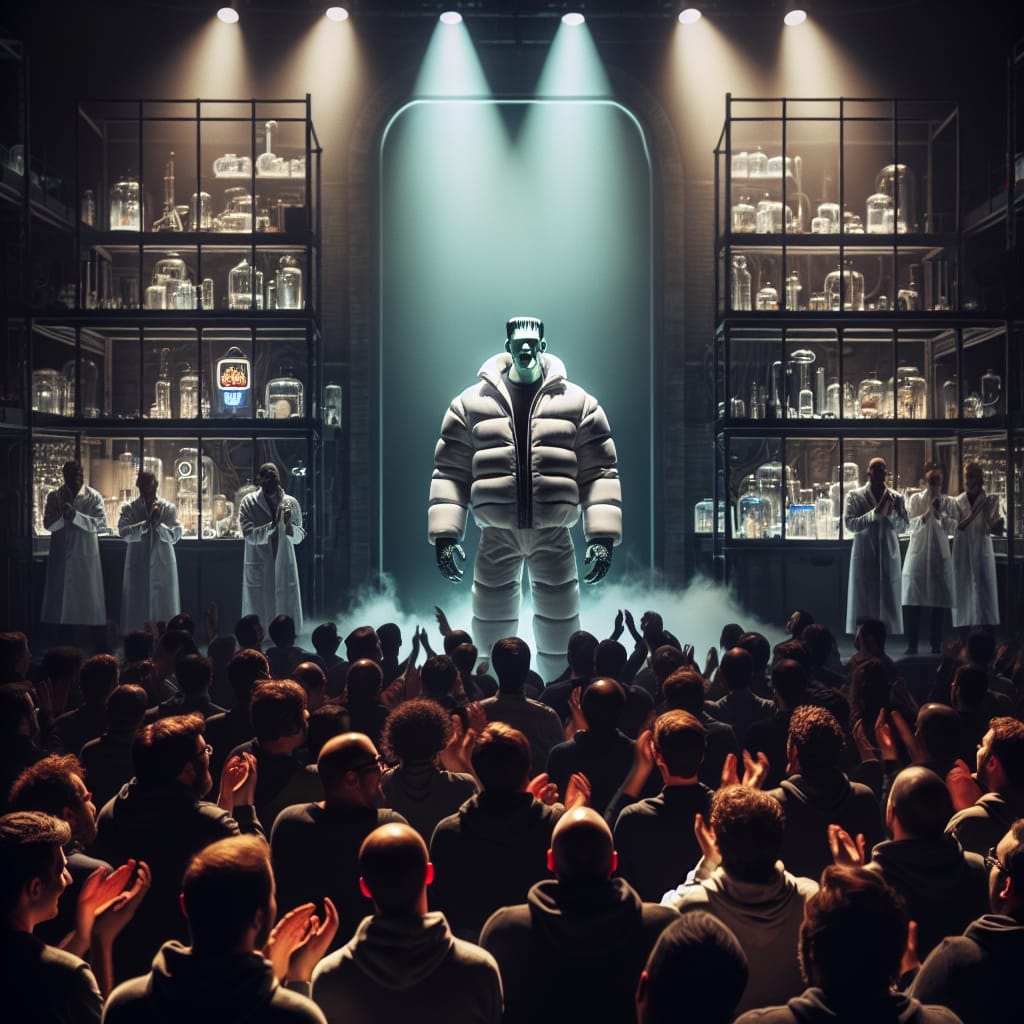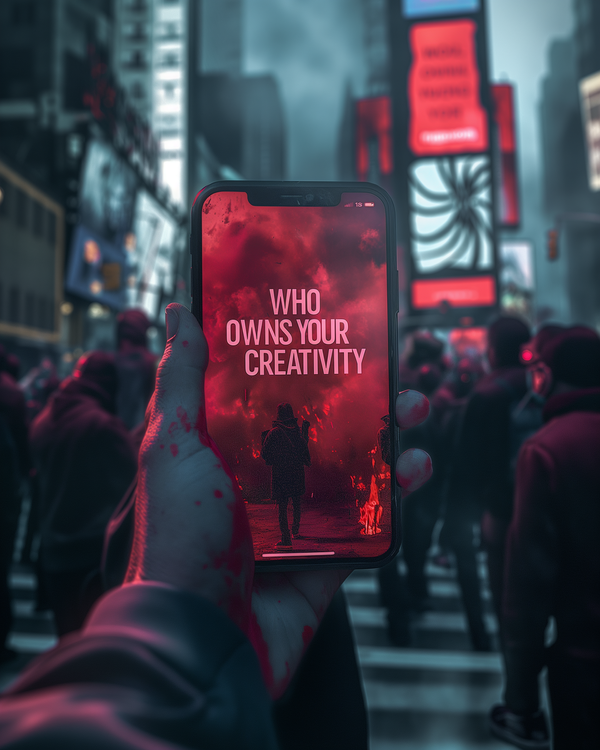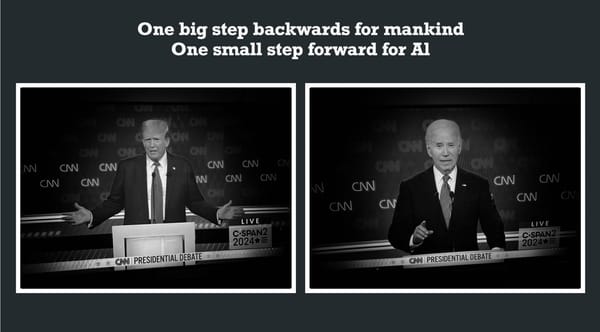Is Our Future AI Turning Into a Frankenstein Monster?
Are we, at the crossroads of analog and digital, unknowingly breeding a creature that is a "Frankenstein" creation, formed from our own shortcomings?

There is something both exciting and unnerving about the lightning-fast progress in AI. A combination of fear, greed, and self-interest has many big tech companies and venture capitalists racing to exploit this promising technology. It's business as usual—innovation is rushed through development, squeezed like a lemon in a frenetic rush to dominate, monetize, and own the future for themselves. Like Bitcoin, NFTs, and blockchain before it, these innovations are injected with haste into the market and expected to dance like a monkey for us, delivering the dream we were promised. It’s the same movie with the same ending, played over and over again. Are we all really surprised by the repetitive pattern of this blatant premature commercialization and inflated expectations surrounding emerging technologies?
Are we, at this crossroads of analog and digital, unknowingly rushing to breed a creature that is a "Frankenstein" creation, formed from our own shortcomings?
It's business as usual—innovation is rushed through development, squeezed like a lemon in a frenetic rush to dominate, monetize, and own the future for themselves.
Hurry Up and Make a Monster!
The current state of artificial intelligence is like a madhouse in a laboratory: full of bright brains pushed to the limit by the need to make money at an ever faster pace. Breakthroughs are often rushed into the world without proper testing or enough time to understand all of their consequences.
The story of Frankenstein acts as both a caution and an inspiration. Like the monster, AI has the potential for great good or significant harm. But unlike Victor Frankenstein, we have the chance to be responsible creators, taking the time to nurture our AI offspring with wisdom, empathy, and foresight. It's not just about what AI can do for us, but what it can and reveal about us. By first addressing our own human faults and societal issues, we can improve our chances of ensuring that AI becomes a tool for our collective growth and advancement, rather than a mirror of our flaws.
But unlike Victor Frankenstein, we have the chance to be responsible creators, nurturing our creations with wisdom, empathy, and foresight.
A Patchwork of Fears and Agendas
Our approach to AI development resembles Frankenstein's creature: a patchwork of conflicting interests, anxieties, and misunderstandings. Greed rushes to capitalize on AI's potential, often prioritizing profit over caution. Meanwhile, governements and regulators, fueled by fear, misinformation, and often deceptive agendas, hastily enact laws and regulations without fully grasping the technology's ramifications.
The Power of Fear as a Motivator
Fear, both rational and irrational, shapes much of the AI narrative. Uncertainty breeds sensationalism, fueling the spread of misinformation and instigating fury and vitriol and polorised positions. An atmosphere of fear leads to censorship and knee-jerk restrictions which can stifle innovation and limit AI's potential to tackle real human challenges for society as a whole. Sure it's fun to create images of the Pope in a white puffer jacket but surely training AI to spot breast cancer in X-rays that no doctor can see and never will is what's at stake here? It seems right now copyright concerns are far more important than improving health care, as example beyond our imagination and saving lives.
Sure it's fun to create images of the Pope in a white puffer jacket but surely training AI to spot breast cancer in X-rays no doctor can see is what's at stake here?
Representing Our Own Errors
Just as Frankenstein's monster was an imperfect reflection of its creator, AI at this point is becoming a mirror held up to humanity. AI is a product of our imagination, coded with our values, biases, and limitations. If we remain complacent, fearful and divided about the fundamental issues at hand, AI could easily become a digital doppelganger of our worst traits, perpetuating and even amplifying existing social injustices. This isn't simply about technical glitches or algorithmic errors; or even copyright – it's a call to examine our own values and biases, and to ensure that the AI we create reflects the best of who we are, not the worst.
Charting a Better Course
Are we intelliegent enough to build an artificial intelligence that enhances the human journey and results in a more equal and just society, or we will we breed a "Frankenstein" monster that mirrors our flaws and perpetuates them. Time will tell if we took the path most trodden - greed and profit - or if we used AI as a catalyst for change and used our superior human intelligence to take the path less trodden... time will certainly tell in an AI minute!
This content has registered copyright credentials on fileprotected.com
Andy Rosen is a photographer and CEO of Fileprotected a platform to
"Secure Your Art. Control Your Rights. Maximize Your Earnings."
Contact: info -AT-FileProtected.com
Linkedin: Andy Rosen





